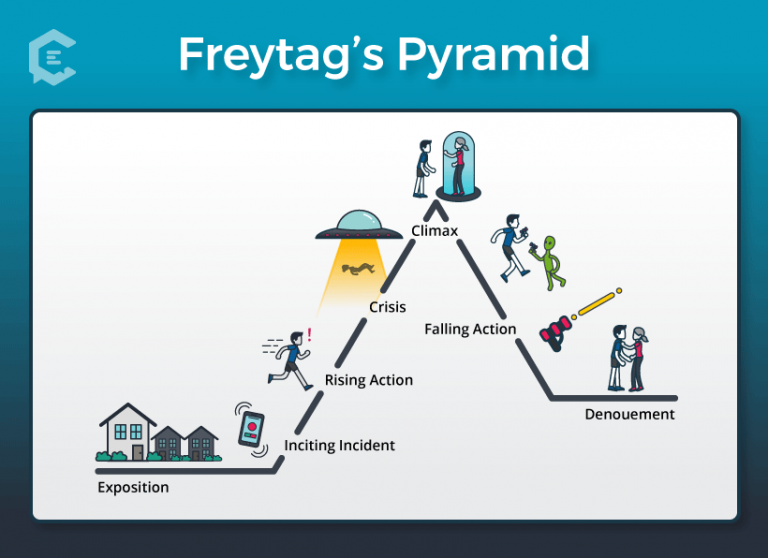

#DRAMA TRIANGLE UPDATE#
I will update the status report and send it over. Mark: Do you know how many programme updates I have to collate for the portfolio updates? (V)Īlex: Honestly, I think the status report is an overkill! (P) Can’t you just tweak the information to get what you need? (P) Kate: We produce quite a few programme reports for the portfolio already. Mark: The standard – programme RAG status, programme highlights, key risks and issues, milestones and dependencies. Kate: Mark, what information do you need from our programme? (R) Mark: It is already 10 am now, can you pull something up for your programme quickly? (P) If you were not sure about the requirement, why didn’t you ask? (P)Īlex: I was overwhelmed and didn’t have the capacity. Mark: The request and report template were sent to you last week. Could you please send it over to me as soon as possible? (P)Īlex: Doh! I haven’t done it yet, I wasn’t sure what is required, and I have been overwhelmed with the other priorities for my programme. Mark: Alex, the Programme Status Report is due at noon today. Exampleīelow is a fictitious example which demonstrates the Drama Triangle in motion and the way players move from one role of the triangle to another. It is important to point out that the players in the Drama Triangle may switch roles during a mind game, and if anyone in this triangle changes roles, the other two roles change as well. If you’re human, chances are you may see yourself or be seen by others, as all three in different scenarios. So are you a victim, a rescuer, or a persecutor? Now you are aware of the Drama Triangle and the roles in the triangular setting. Are you a Victim, Rescuer, or Persecutor? They keep the Victims oppressed and sometimes can be a bully. They are critical and good at finding fault, and control with order and rigidity. Persecutors blame the Victims and criticize the behaviour of Rescuers, without providing appropriate guidance, assistance or a solution to the problem. They tend to think that they must win at any cost. Persecutors are like ‘Critical Parents’ who are strict and firm and set boundaries. This is why Rescuers often find themselves pressured, tired, and may not have time to finish their own tasks, as they are busy fire-fighting for the Victims as they arise! They fail to realise that by offering short-term fixes to Victims, they keep Victims dependent and neglect their own needs. Rescuers may have all the good intention and strive to ‘help’ other people as they see necessary. They feel guilty of standing by and ‘watching people drown’. Rescuers constantly intervene on behalf of the Victims and try to save Victims from perceived harm. If the Victims continue to stay in the ‘dejected’ stance, it will prevent them from making decisions, solving problems, changing the current state, or sensing any satisfaction or achievement. They always seek for Rescuers to solve the problem for them. Victims assume themselves as powerless or incompetent and blame on Persecutors (can be other people or a particular situation). They are unwilling to take responsibility for their undesirable circumstances and don’t think they have the power to change their lives. They think they are at the mercy of life. Victims often feel victimised, trapped, helpless and hopeless.


 0 kommentar(er)
0 kommentar(er)
